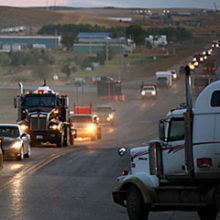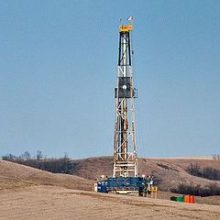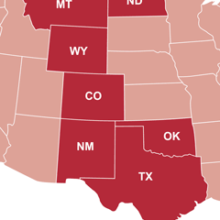In this report, we place the current surge in energy development in perspective. We examine how the West has changed, the rising importance of environmental amenities, and the relative role of energy development in the economy of western states.
The West is undergoing another surge in energy development. The last energy rush began in the 1970s and ended abruptly in the early 1980s. The current surge took off in the early 2000s and was stimulated by a number of factors including high prices and a political climate favorable to opening public lands for energy development.
Energy development today takes place in a context that is very different from the 1970s. Two major differences stand out and warrant attention.
First, the economy of the West has grown and diversified in recent decades and, with only a few exceptions, has made a transition away from a heavy reliance on resource extraction. The principal sources of prosperity in the region are now related to a modern service-, or knowledge-based, economy, and retirement and investment dollars.
Second, the economic role of public lands has changed since the 1970s. Rather than simply serving as a repository of raw materials to be extracted, today’s public lands play an important role by providing recreational opportunities and scenery that attract and retain a growing population and businesses increasingly free to choose their location.


